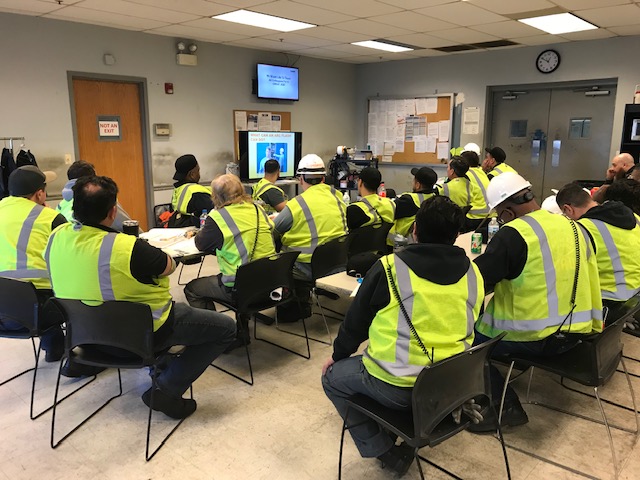In the dynamic landscape of professional development, the role of emotional intelligence (EI) has emerged as a crucial factor influencing success in job training. As organizations recognize the significance of not only technical skills but also emotional acumen, a paradigm shift is underway. This article delves into the profound influence of emotional intelligence in job training, exploring how it shapes individuals and enhances their ability to navigate the complexities of the workplace.
Understanding Emotional Intelligence
Emotional intelligence encompasses a spectrum of skills, including self-awareness, self-regulation, empathy, and effective interpersonal communication. In the context of job training, these qualities play a pivotal role in molding individuals into adept professionals. The ability to understand and manage one’s emotions, as well as comprehend and respond to others’ emotions, forms the cornerstone of emotional intelligence.
Enhancing Learning and Adaptability
One of the key ways emotional intelligence influences job training is by enhancing the learning experience. Individuals with high EI are better equipped to absorb information, process feedback constructively, and adapt to new concepts seamlessly. This adaptability is particularly valuable in rapidly evolving industries where flexibility and quick learning are indispensable.
Fostering Positive Work Environments
Job training is not solely about acquiring technical skills; it’s also about cultivating a positive and collaborative work environment. Emotional intelligence contributes significantly to this aspect by promoting effective communication and interpersonal relationships. When individuals are attuned to their emotions and those of their colleagues, conflicts are mitigated, teamwork flourishes, and productivity soars.
Leadership Development through Emotional Intelligence
Leadership skills are a natural byproduct of a high level of emotional intelligence. In the context of job training, individuals with strong EI are more likely to emerge as leaders who can inspire and guide their teams. These leaders excel in decision-making, conflict resolution, and motivating others, creating a conducive environment for professional growth and success. If you want to read more about job training, read this post here to find more info.

Overcoming Challenges with Emotional Resilience
Job training often involves overcoming challenges and setbacks. Emotional intelligence equips individuals with the resilience needed to navigate these hurdles. Rather than being derailed by failures, emotionally intelligent individuals view them as opportunities for growth. This mindset is invaluable in fostering a culture of continuous improvement within the workplace.
The Role of Emotional Intelligence in Career Advancement
As organizations prioritize holistic skill sets, emotional intelligence has become a distinguishing factor in career advancement. Employees with high EI not only excel in their current roles but also position themselves as valuable assets for leadership positions. Job training programs that incorporate EI development are thus instrumental in shaping the future leaders of the workforce.
Conclusion
In conclusion, the influence of emotional intelligence in job training cannot be overstated. It is a transformative force that shapes individuals into resilient, adaptable, and empathetic professionals. As organizations recognize the multifaceted benefits of fostering emotional intelligence, job training programs are evolving to encompass not only technical skills but also the crucial aspect of emotional acumen. Embracing emotional intelligence is not just a trend; it is a strategic imperative for creating a workforce that thrives in the ever-changing landscape of the professional world.




